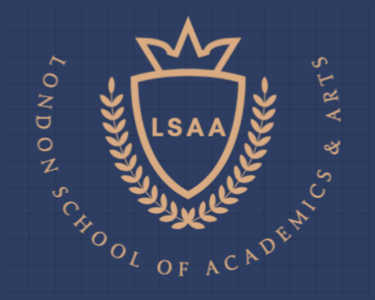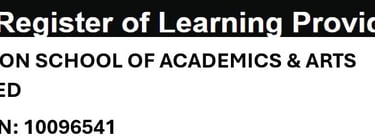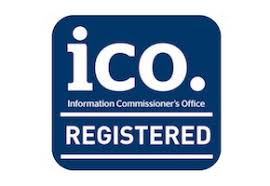Work as a Doctor in the UK
Medical Degree Recognition:
The doctor must have a primary medical qualification that's recognized by the General Medical Council (GMC), which regulates doctors in the UK.
English Language Proficiency:
Prove English language skills through:
IELTS Academic (minimum score of 7.5 overall, no less than 7.0 in each component), or
OET (Occupational English Test) for medicine (at least grade B in each section).
Pass Required Exams:
For most doctors, this means passing the PLAB (Professional and Linguistic Assessments Board) test, which has two parts:
PLAB 1: Multiple-choice exam (can be taken in several countries, including Egypt).
PLAB 2: Practical exam (must be taken in the UK).
Alternatively, if they have completed a postgraduate qualification like MRCP or MRCS (membership exams of UK royal colleges), they might be able to bypass PLAB.
Get GMC Registration:
After passing PLAB (or an accepted equivalent), apply for GMC registration with a license to practice. This is essential for legal work as a doctor.
Visa and Immigration:
Most doctors apply for a Health and Care Worker visa (formerly Tier 2 visa). To get this:
Have a confirmed job offer from a licensed UK employer (usually NHS trusts).
Receive a Certificate of Sponsorship (CoS) from the employer.
Meet visa requirements (proof of funds, English language proof—though the PLAB/OET usually covers this).
Find a Job:
Doctors often begin with roles like Foundation Year 1 (F1) or Senior House Officer (SHO), or may get positions in more senior roles depending on experience.
Adaptation and Induction:
Many hospitals offer induction programs to help international medical graduates adapt to UK practice.
Alternative Pathways:
If the doctor is highly experienced, they may apply via the CESR (Certificate of Eligibility for Specialist Registration) route to work as a consultant without UK specialty training, but this process is longer and more complex.
Important to Know:
Postgraduate Qualifications:
Some doctors pursue UK-recognized postgraduate exams like MRCP (UK) or MRCS, which can fast-track their entry into the system and even bypass PLAB.Visa Sponsorship:
The NHS actively recruits international doctors, and many trusts are familiar with the visa process.Alternative Exams:
If they study/work in certain countries (EEA, Australia, Canada, USA), different recognition routes can apply.
PLAB (Professional and Linguistic Assessment Board) Test
After 12 years of schooling, the biggest hurdle between you and a successful medical career is the UCAT—an exam unlike any you’ve encountered. But with our personalised prep tools and expert support, you’ll be equipped to excel.
Contact us for the UCAT Preparation Course














